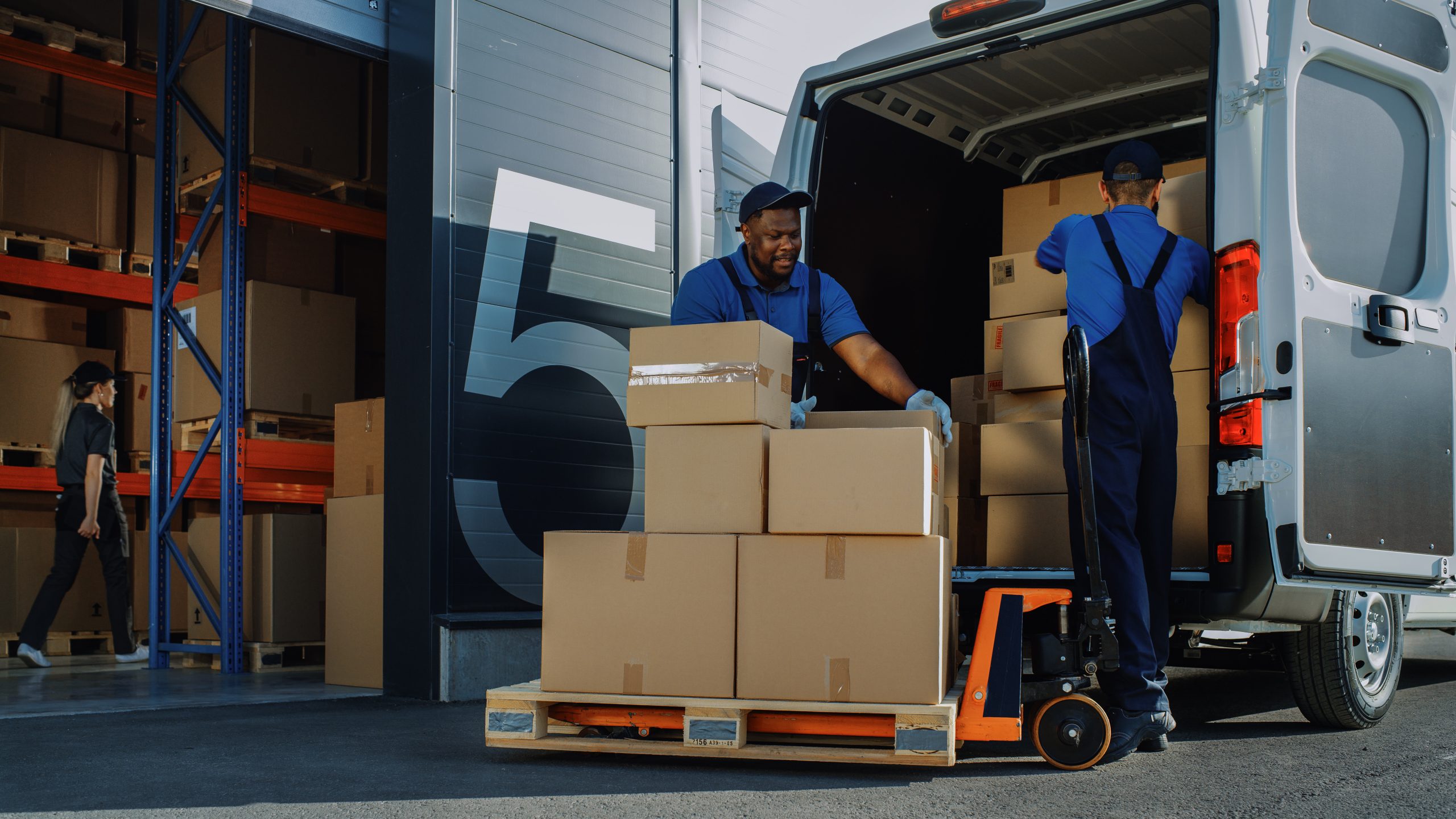When it comes to business, the transportation of goods is a critical part of many industries. Whether it’s a small business sending out products or a large corporation managing large shipments, ensuring the safety and security of goods while they are in transit is essential. Goods in Transit Insurance offers the peace of mind needed to protect businesses from unexpected risks during transportation. In South Africa, where road conditions, theft, and accidents can pose significant challenges, this insurance is particularly crucial.
What is Goods in Transit Insurance?
Goods in Transit (GIT) Insurance provides protection for goods while they are being transported from one location to another. Whether the goods are being moved by road, rail, air, or sea, this insurance covers loss, damage, or theft that may occur during the journey. Businesses that rely on transportation to deliver products or move raw materials can benefit significantly from this coverage.
In South Africa, where road infrastructure varies, and security threats can be higher, having this insurance ensures that businesses are safeguarded from financial losses if anything goes wrong during transit.
Why is Goods in Transit Insurance Important?
- Protection Against Theft and Damage South Africa has one of the highest crime rates in the world, and theft during transit is a real concern for businesses. Goods in Transit Insurance ensures that if your goods are stolen or damaged, the loss is covered. Whether you are transporting electronics, food products, or machinery, the risk of loss is always present, and this insurance helps mitigate that risk.
- Coverage for Accidents Road conditions in South Africa can be unpredictable, with potholes, bad weather, and long distances between cities contributing to the risk of accidents. If goods are damaged in a vehicle accident, GIT Insurance will cover the cost of the damaged goods, ensuring that businesses don’t suffer financial strain from such incidents.
- Safeguarding Your Reputation For businesses that rely on timely and secure deliveries, reputation is everything. Delays or losses during transportation can harm your business relationships and customer trust. By having Goods in Transit Insurance, you can assure your clients that even if unforeseen problems occur, their products are protected. This not only helps in maintaining your reputation but also builds confidence with your partners and customers.
- Customisable to Your Needs One of the best features of GIT Insurance is that it can be tailored to suit the specific needs of a business. Whether you are a small business transporting goods locally or a large corporation shipping internationally, you can select a policy that covers the types of risks you are most likely to face.
- Cost-Effective Risk Management The cost of replacing or repairing damaged or stolen goods can be significantly higher than the cost of insurance premiums. Goods in Transit Insurance is a cost-effective way to manage risk, as it helps prevent financial losses that could severely impact a company’s operations. For businesses operating on tight margins, this form of insurance is a smart investment.
How Does Goods in Transit Insurance Work?
Once a business has purchased a GIT policy, the goods are insured while they are being transported. If the goods are lost, stolen, or damaged, the business can file a claim with the insurance provider. The insurance company will then assess the claim and reimburse the business for the value of the lost or damaged goods, depending on the terms of the policy.
It’s important to note that policies vary, and it’s crucial for businesses to understand what is covered. Some policies might cover theft and damage but not natural disasters, while others may include coverage for specific transport methods, such as road or sea. Working with a reputable insurance provider ensures that businesses get a policy that aligns with their needs.
Additional Coverage Beyond Goods
While Goods in Transit Insurance primarily covers the loss or damage to goods, some policies offer additional features that can be highly beneficial to businesses. For instance, coverage can be extended to include loading and unloading risks. This means that if goods are damaged while being loaded onto or off the transport vehicle, they will still be protected. Furthermore, businesses can opt for third-party liability coverage, which protects them in case their goods cause injury or damage to other people or property during transit. These additional options make GIT Insurance even more valuable, providing comprehensive protection beyond just the goods themselves.
Adapting to a Changing Risk Environment
South Africa’s transportation landscape is constantly evolving, with emerging risks like cyber threats affecting businesses involved in logistics. Goods in Transit Insurance can now be adapted to cover risks related to data breaches and hacking attempts on tracking systems, ensuring that shipments remain secure. Additionally, the rise of climate-related challenges such as extreme weather conditions can increase the risk of goods being damaged in transit. Forward-thinking businesses should consider policies that factor in these evolving risks, ensuring they are prepared for both traditional hazards and modern-day threats.
Real-Life Examples in South Africa
In South Africa, businesses in sectors like retail, agriculture, and construction frequently rely on transportation services. For example, a retailer distributing electronics across provinces faces the risk of theft or road accidents. By investing in Goods in Transit Insurance, they ensure that any stolen or damaged items do not result in a financial loss.
Agriculture is another sector where Goods in Transit Insurance is crucial. Farmers transporting fresh produce across long distances must protect themselves from the financial impact of spoiled goods caused by delays or accidents.
Key Considerations for Businesses
- Value of Goods When choosing a GIT policy, it’s essential to assess the value of the goods being transported. High-value items like electronics or machinery will require a policy with higher coverage limits than lower-value goods.
- Transport Methods Consider how goods are transported. Road, air, and sea transport all present different risks, and businesses should select coverage that fits their transportation methods.
- Frequency of Deliveries If your business regularly transports goods, an annual GIT Insurance policy might be more cost-effective than single-trip policies.
- Reputation of the Insurance Provider Work with an insurance company that has a good track record in processing claims efficiently and providing quality customer service.
In a country like South Africa, where businesses face risks such as theft, poor road conditions, and accidents during transportation, Goods in Transit Insurance is a vital tool to protect both goods and reputation. It provides peace of mind, knowing that if something goes wrong during delivery, your business will not bear the full financial burden. From small businesses to large corporations, investing in GIT Insurance is a smart, cost-effective way to ensure safe and secure deliveries.
By understanding the value of this insurance and selecting a policy tailored to their needs, businesses can continue to thrive and deliver goods without worrying about unforeseen risks.
Get Business Insurance Quotes Today
*Based on your profile, your details will be sent to insurance partners that will best serve your needs. That may be a different company than the one featured on this page and form.




